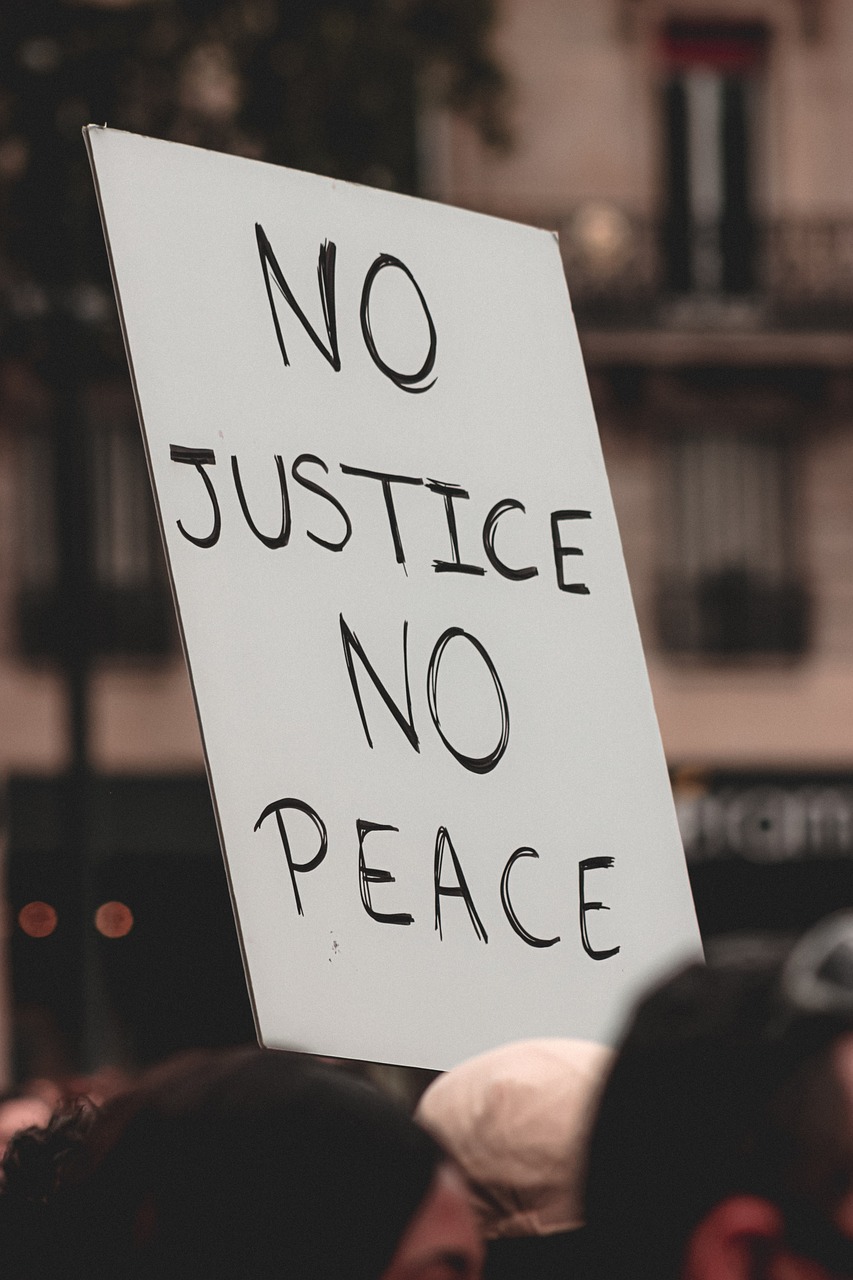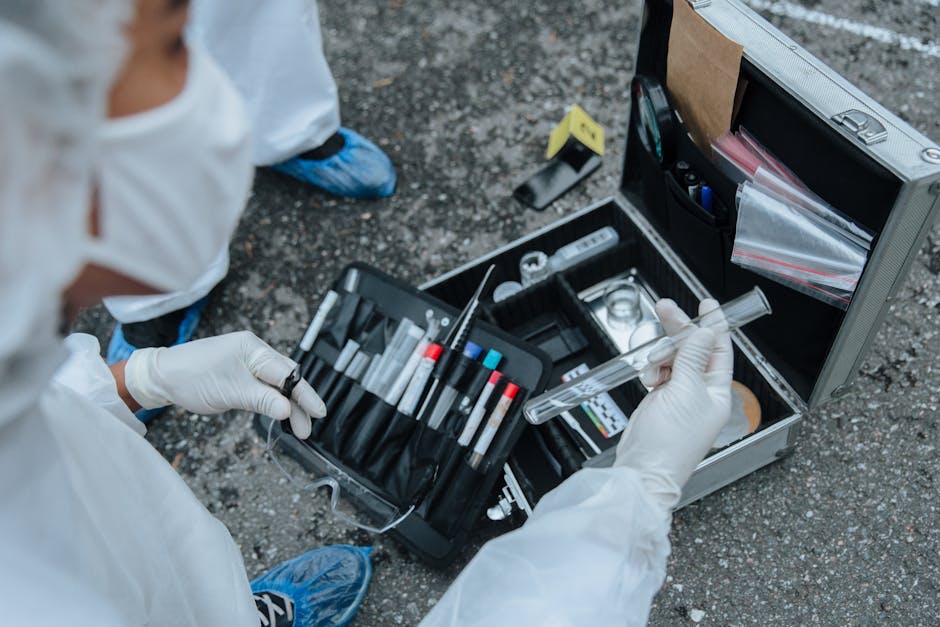- When Science Meets Crime: The Rise of BioTech Fraud in China - April 22, 2025
- How Sports Betting Is Fueling a New Era of Crime Networks - April 10, 2025
- The Dark Side of Influencer Parenting: The Case of Ruby Franke - April 8, 2025
The Unsolved Mystery

Many families are left grappling with the aftermath of a crime, especially when it remains unsolved. The emotional toll on family members is immense, as they seek closure and answers. According to the FBI, there were approximately 250,000 unsolved homicides in the United States as of 2021. Families often feel abandoned by the justice system, leading them to take matters into their own hands. They might pursue private investigations, search for clues themselves, or engage the public in their quest for justice. This ongoing struggle can consume their lives, as they continuously hope for a breakthrough that will finally bring the truth to light.
The Role of Social Media
In today’s digital age, social media has become a powerful tool for families seeking justice. Platforms like Facebook and Twitter allow families to share their stories and gather support. For instance, the case of the unsolved murder of 20-year-old Kierra Coles gained traction on social media, leading to renewed interest from law enforcement and the public. Families are now using hashtags to raise awareness and connect with others who have faced similar tragedies. This digital support network can be a lifeline for those feeling isolated in their fight for justice. It also demonstrates the power of a collective voice in demanding attention and action.
The Impact of Cold Cases
Cold cases can haunt families for decades. A cold case is typically defined as a criminal investigation that has not been solved after a certain period, often three years. The National Institute of Justice reports that approximately 6,000 cold cases exist in the U.S. alone. Families of victims often feel a sense of helplessness as they wait for new leads or advancements in forensic technology to bring their loved ones’ cases back to life. These cases can become a painful part of family history, affecting multiple generations as they remember and honor those lost. The hope for resolution remains, even as time marches on.
The Importance of Advocacy Groups

Advocacy groups play a crucial role in supporting families of crime victims. Organizations like the National Organization of Parents of Murdered Children (POMC) provide resources, counseling, and a community for those affected by violent crime. These groups often work tirelessly to raise awareness and push for legislative changes that can help solve cold cases and prevent future crimes. Their efforts can lead to the establishment of new laws and practices that benefit victims’ families nationwide. By acting as a voice for the voiceless, these groups provide a platform for families to share their stories and demand justice.
The Role of Technology in Solving Crimes

Advancements in technology have revolutionized the way law enforcement investigates crimes. DNA analysis, for instance, has been pivotal in solving cold cases. The use of genealogy databases has led to breakthroughs in cases that were once thought unsolvable. In 2018, the Golden State Killer was apprehended after decades of evading capture, thanks to DNA technology and genealogical research. These technological tools offer fresh hope to families waiting for answers. They serve as reminders that even the smallest piece of evidence can become the key to unlocking a long-standing mystery.
The Psychological Toll on Families
The psychological impact of unresolved crimes on families can be profound. Studies show that family members of homicide victims often experience symptoms of PTSD, anxiety, and depression. A report by the Bureau of Justice Statistics found that nearly 60% of family members reported feeling a lack of closure, which can lead to ongoing mental health struggles. This emotional burden can affect relationships, work, and overall well-being. Support networks, therapy, and community groups can offer some relief, but the pain of an unsolved crime often lingers, leaving deep scars on those left behind.
The Fight for Justice

Families often engage in grassroots efforts to seek justice for their loved ones. This can include organizing vigils, fundraising for private investigations, or lobbying for changes in law enforcement practices. The case of the unsolved murder of 18-year-old Taliyah Marsman in Canada saw her family rallying for justice through public campaigns, highlighting the need for systemic change in how missing persons cases are handled. These efforts reflect the resilience and determination of families to effect change. They serve as powerful reminders that the fight for justice is ongoing and that every voice can make a difference.
The Role of the Media

Media coverage can significantly impact the search for truth in unsolved cases. High-profile cases often receive extensive media attention, which can lead to new tips and leads. However, families of less-publicized cases may struggle to gain media coverage, leaving them feeling isolated. The disparity in media attention can exacerbate the emotional distress experienced by families seeking justice. It highlights the need for equitable coverage and support for all victims, regardless of their circumstances. By shining a light on lesser-known cases, the media can play a crucial role in bringing attention and resources to those in need.
The Importance of Community Support
Community support is vital for families dealing with the aftermath of crime. Local organizations, churches, and neighbors can provide emotional and practical support. Community-led initiatives, such as neighborhood watch programs, can also help prevent crime and foster a sense of safety. Families often find strength in unity, as they share their experiences and advocate for justice together. This collective effort can create a powerful force for change, demonstrating the impact of community solidarity in the face of adversity.
Moving Forward: Hope and Healing
Despite the challenges, many families continue to hold onto hope. The journey for truth and justice can be long and arduous, but support from advocacy groups, community members, and advancements in technology can provide a glimmer of hope. Families often find solace in sharing their loved ones’ stories, ensuring that their memories live on while they seek the truth. This ongoing quest for justice is a testament to the enduring love and resilience of those left behind, and their unwavering belief that the truth will one day be revealed.




